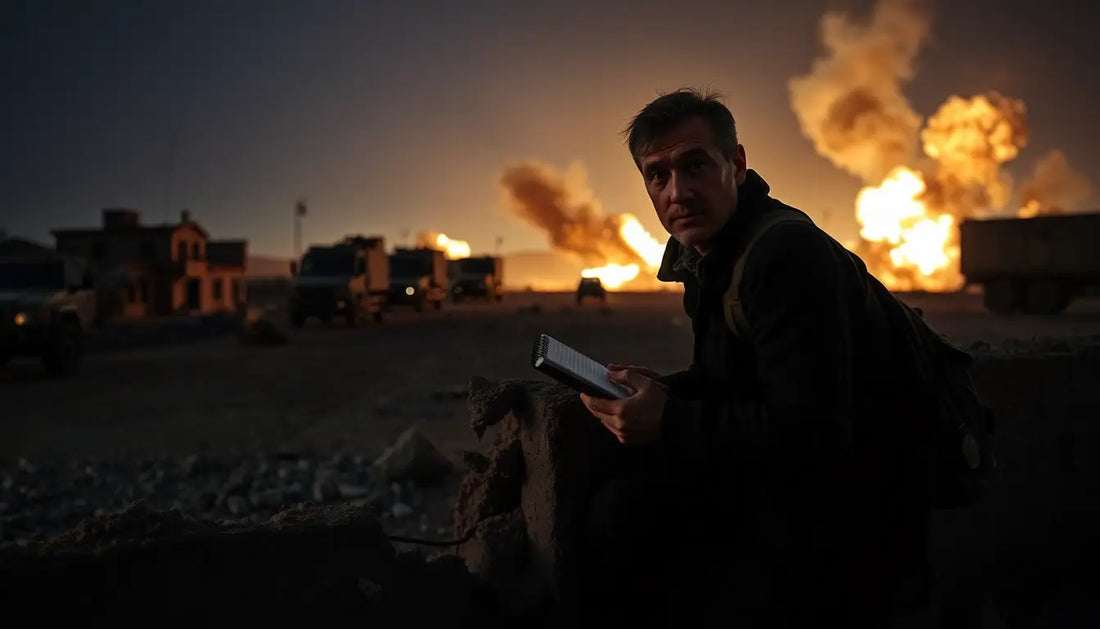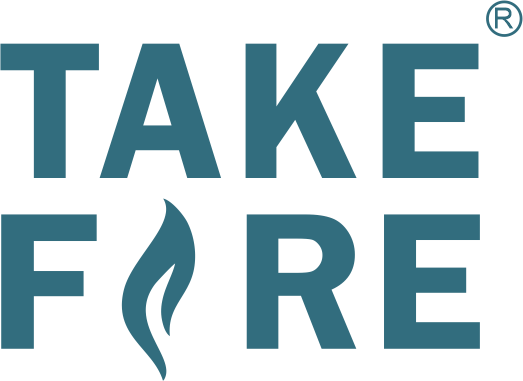
War Zone Wisdom: Staying Safe and Surviving in Conflict Areas
TF AdventureIn a world where geopolitical tensions continue to flare, the need for practical knowledge and preparedness in navigating conflict zones has never been more crucial. As a provider of emergency response and survival equipment, TF Adventure is committed to equipping civilians with the tools and know-how to stay safe and resilient in the face of adversity.
Understanding the Conflict Landscape
Conflict areas are inherently unpredictable and volatile, with rapidly changing dynamics that can put civilian lives at risk. It is essential to stay informed about the current state of affairs, the key players involved, and the potential flashpoints that could escalate tensions. By closely monitoring news reports, diplomatic channels, and on-the-ground intelligence, you can better anticipate and respond to emerging threats.
Identifying Conflict Zones
Conflict zones can arise in various forms, from full-scale wars and civil unrest to localized skirmishes and terrorist activities. It is crucial to have a clear understanding of the geographical boundaries of these areas, as well as the specific risks and challenges they present. This knowledge will inform your decision-making and help you plan your movements and activities accordingly.
Assessing Risks and Vulnerabilities
Every conflict zone is unique, with its own set of risks and vulnerabilities. These can include the presence of armed groups, the likelihood of airstrikes or shelling, the availability of basic services, and the potential for civil unrest or looting. By carefully analyzing these factors, you can develop a comprehensive risk assessment and take appropriate measures to mitigate them.
Preparing for the Worst
Effective preparation is the key to survival in conflict zones. This involves equipping yourself with the necessary tools, skills, and knowledge to navigate the challenges you may face.
Building a Comprehensive Survival Kit
Your survival kit should be tailored to the specific needs and challenges of the conflict zone you are entering. It should include essential items such as first-aid supplies, emergency rations, water purification tablets, communication devices, and personal protective equipment. Additionally, consider including items that can aid in shelter construction, navigation, and self-defense.
Mastering Survival Skills
Alongside your physical equipment, it is crucial to develop a range of survival skills that can help you navigate the challenges of a conflict zone. This includes proficiency in first aid, fire-starting, shelter building, and navigation. It is also important to cultivate psychological resilience and the ability to remain calm and focused under pressure.
Securing Communication and Documentation
In conflict zones, reliable communication and proper documentation can be the difference between life and death. Ensure that you have secure means of communication, such as encrypted messaging apps and satellite phones, to stay in touch with loved ones and emergency services. Additionally, make sure to carry essential identification documents and keep copies of them in a separate location.
Navigating the Conflict Zone
Once you have prepared yourself and your equipment, the next step is to navigate the conflict zone with caution and vigilance.
Establishing Evacuation Routes and Safe Havens
Identify and familiarize yourself with potential evacuation routes and safe havens, such as embassies, UN peacekeeping missions, or designated humanitarian aid centers. These can serve as refuge in the event of escalating violence or other emergencies.
Blending In and Avoiding Attention
In conflict zones, it is often best to blend in with the local population and avoid drawing unnecessary attention to yourself. This may involve adopting local customs, dress, and behavior patterns, as well as minimizing your use of technology and other Western-associated items.
Responding to Emergencies and Threats
Despite your best efforts, you may still encounter unexpected emergencies or threats in a conflict zone. In such situations, it is crucial to remain calm, assess the situation quickly, and take appropriate action. This may involve seeking immediate shelter, providing first aid, or employing non-lethal self-defense techniques.
Psychological Resilience and Wellbeing
Navigating a conflict zone can take a significant toll on one's mental and emotional well-being. It is essential to prioritize your psychological resilience and overall well-being to ensure your ability to make sound decisions and maintain a clear, focused mindset.
Coping with Stress and Trauma
The constant threat of violence, uncertainty, and the loss of familiar comforts can be overwhelming. Develop strategies to manage stress, such as meditation, deep breathing exercises, and regular check-ins with loved ones. Seek professional support if necessary to address any trauma or mental health concerns.
Maintaining Morale and Motivation
In the face of adversity, it is crucial to maintain a positive outlook and a sense of purpose. Engage in activities that provide a sense of normalcy, such as journaling, reading, or engaging in light physical exercise. Celebrate small victories and find ways to connect with others, even in the most challenging circumstances.
Ethical Considerations and Legal Rights
Navigating a conflict zone requires a deep understanding of the ethical and legal implications of your actions. It is essential to respect the rights and dignity of all individuals, while also being aware of your own legal protections and obligations.
Upholding Humanitarian Principles
As a civilian in a conflict zone, you have a responsibility to uphold the principles of humanity, neutrality, and impartiality. This means providing assistance to those in need, regardless of their affiliation, and avoiding any actions that could be perceived as taking sides in the conflict.
Knowing Your Legal Rights and Obligations
Familiarize yourself with the relevant international laws and conventions that govern the conduct of parties in a conflict, as well as your own legal rights and obligations as a civilian. This knowledge can help you navigate complex situations and ensure that you are acting within the bounds of the law.
Conclusion
Navigating conflict zones is a complex and challenging endeavor, but with the right preparation, knowledge, and mindset, it is possible to stay safe and resilient. By equipping yourself with the tools and skills necessary to survive in these environments, you can not only protect yourself but also contribute to the broader effort of civilian protection and humanitarian assistance.
At TF Adventure, we are committed to empowering individuals with the resources and expertise they need to thrive in even the most challenging of circumstances. Whether you are a humanitarian aid worker, a journalist, or a civilian caught in the crossfire, our team is here to support you every step of the way.
Remember, in the face of adversity, the true measure of our strength lies not in our ability to overcome, but in our willingness to adapt, to learn, and to emerge stronger than before. With the right mindset and the right tools, you can navigate even the most treacherous of conflict zones and emerge victorious.

